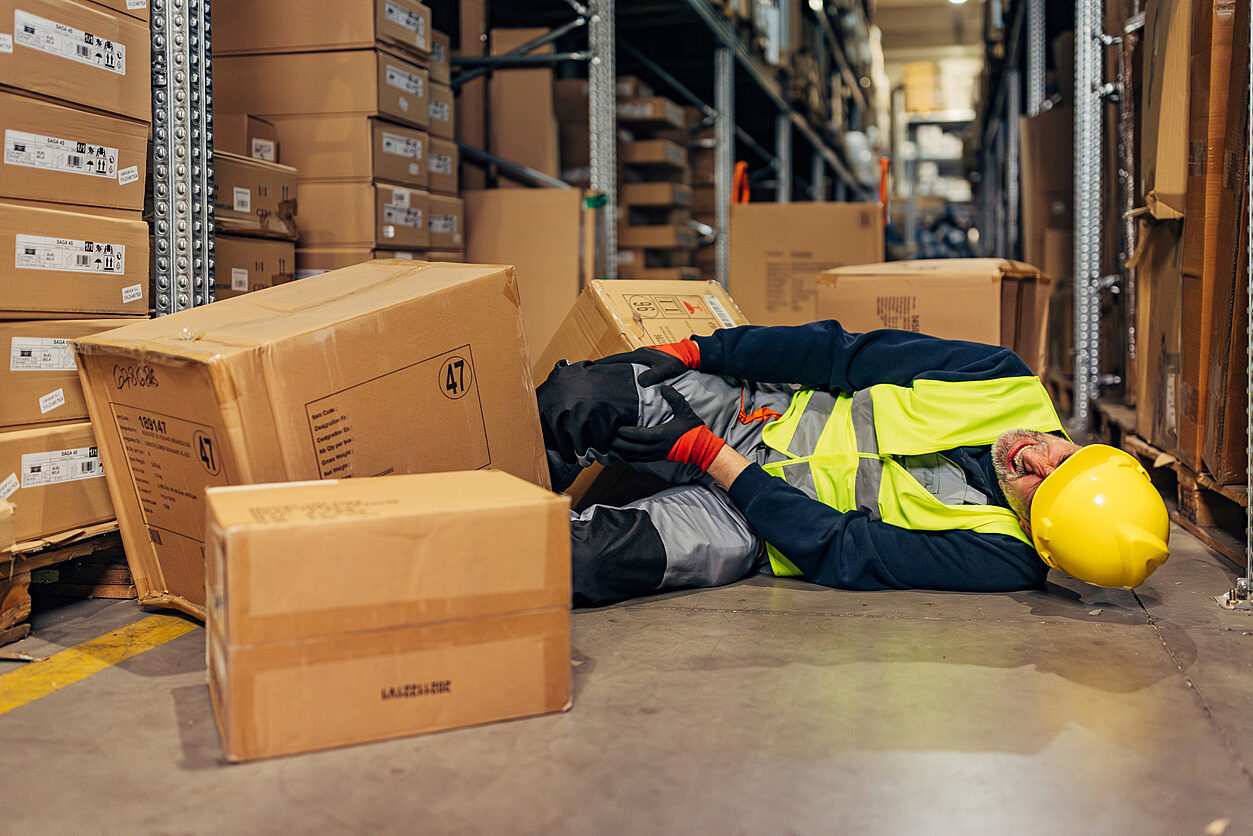7 Reasons Commodity Casters Are Sabotaging Your Material Handling Carts


When it comes to the functionality and efficiency of your OEM carts, the quality of your components plays a crucial role. Industrial carts are engineered to handle the demands of various operational environments, performing with reliability and durability. However, a common sentiment we hear from new clients is that their casters fail, leading to frequent downtime for their material handling carts. While it might be tempting to cut costs by opting for commodity casters, this decision can backfire in more ways than one. Here are some reasons commodity casters are sabotaging your carts and compromising your operations.
1. Cheap Materials Lead To Frequent Breakdowns
Commodity casters are often made from lower quality materials, like fiberglass or thin-gauge steel, to keep costs down. These materials tend to wear out quickly, especially under heavy loads or in demanding environments. Inferior casters can develop flat spots, cracks, or even break entirely, leading to frequent replacements and downtime. Not only does this disrupt your workflow, but it also causes maintenance costs to pile up over time.









